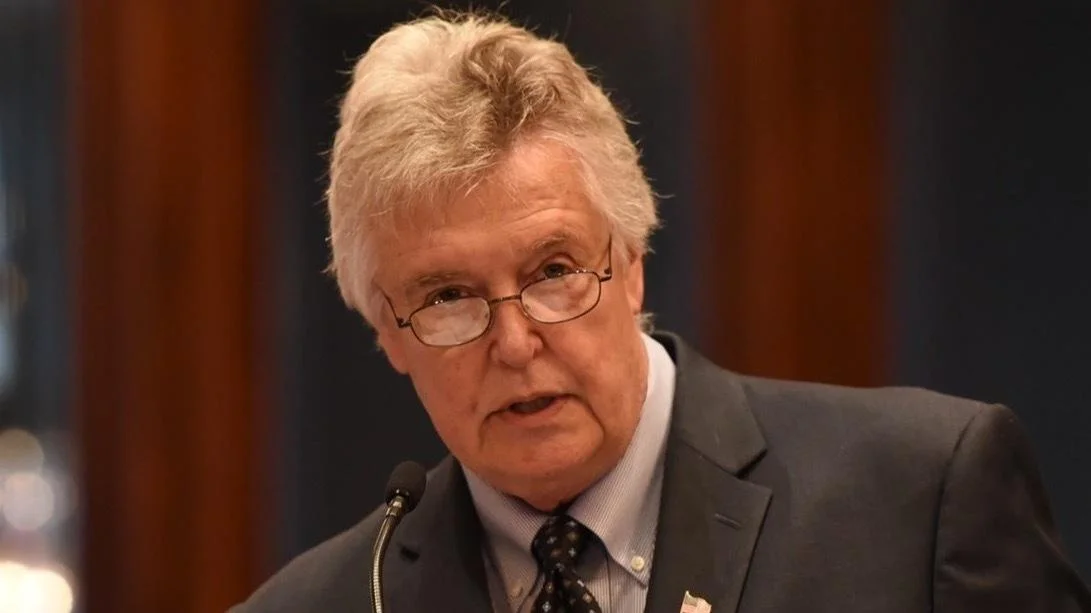Steven Reick, Illinois State Representative for 63d District | Facebook
Steven Reick, Illinois State Representative for 63d District | Facebook
The recent fall veto session in Illinois concluded early on Halloween morning, with lawmakers approving several measures affecting taxpayers across the state. One of the key outcomes was the passage of S.B. 642, HFA #2, which increases the maximum income limitation for the Senior Freeze Homestead Exemption from $65,000 to $75,000 starting in 2026. The limit will rise further to $77,000 in 2027 and $79,000 in 2028 and beyond. This change is expected to benefit seniors on fixed incomes.
However, other aspects of the session drew criticism over new taxes and increased fees. According to Illinois State Representative Steven Reick (R-Woodstock), “Other than that, Veto Session was a litany of new taxes, increased fees and complete disregard for the heartfelt beliefs of those who are marginalized because they live in legislative districts drawn to maximize the power of Democrats.”
A significant development involved mass transit funding. On October 3rd, RTA Chairman Kirk Dillard announced that by managing costs and increasing fares by 10%, as well as benefiting from changes in state law related to online sales tax revenue, the agency’s estimated budget gap for 2026 would decrease from $770 million to about $200 million.
Despite this reduction, lawmakers passed SB 2111, HFA #3—a transit reform bill described as a "$2.5 billion fix" for what had become a $200 million shortfall. Reick commented: “At 2:15 on Halloween morning, the House Democratic Caucus Transit Reform Omnibus bill (SB 2111, HFA #3) passed, which reportedly takes care of the $200 million shortfall with a $2.5 billion fix that makes major changes to the way mass transit is funded and governed. That’s called ‘overshooting the runway’.”
Reick also raised concerns about governance under the new plan: “And here’s the kicker: a 15-vote majority is needed for the board to pass any measure. So if the Governor’s appointees gang up with the Cook County and City of Chicago members to ram some measure down our throats, we in McHenry County will have no say in the matter.”
He noted that when he questioned whether McHenry County could hold a referendum on participation in this system during debate, he was told “no,” but it could go to referendum to opt out of NITA instead.
Steven Reick has represented Illinois' 63rd House District since his election in 2017 after succeeding Jack D. Franks.
“If you’ve read this far, I want to thank you. It’s not easy to put together a newsletter that will fill you in and still keep your attention. My plan is to take each of the points I’ve made above and go into greater depth in future issues. I’d like to know what you think, so if you’re so inclined, please send me an email,” Reick said.






 Alerts Sign-up
Alerts Sign-up